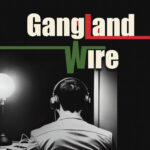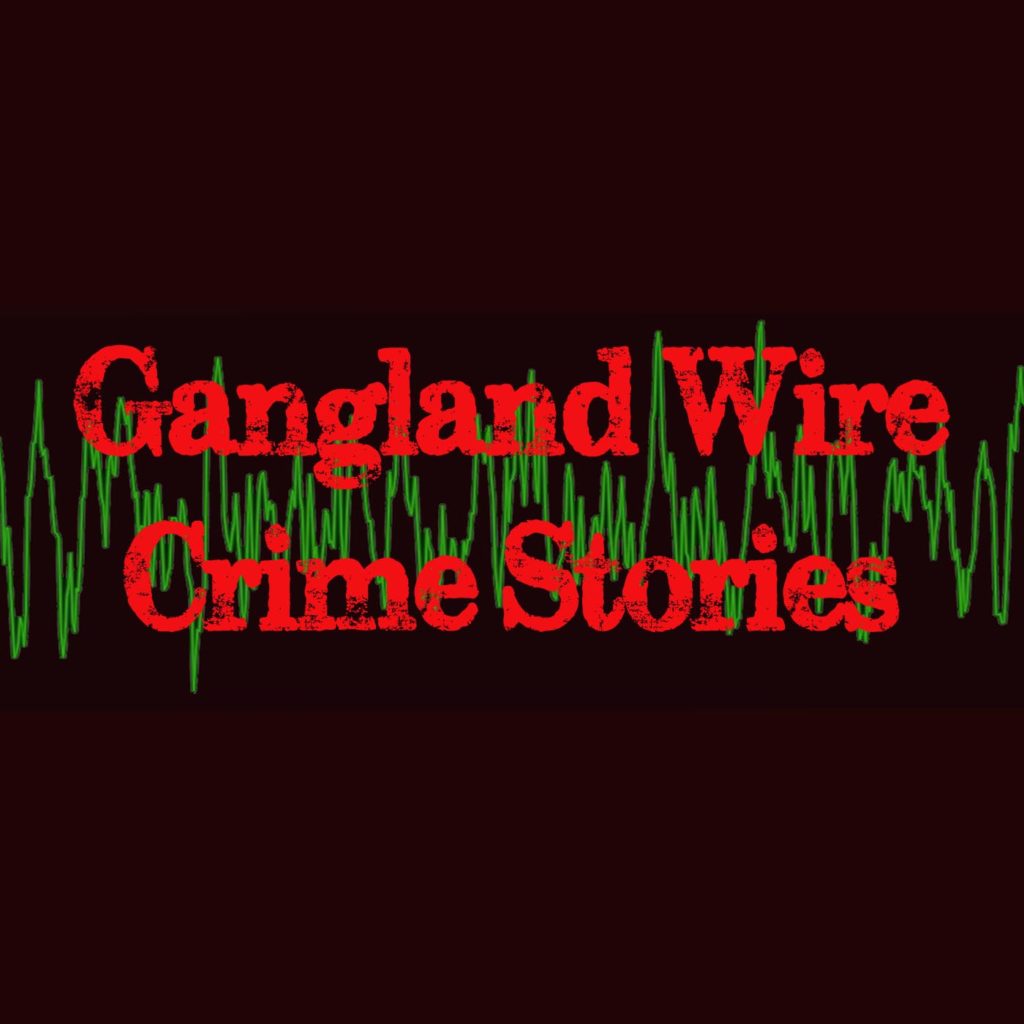Podcast: Play in new window | Download
Subscribe: Apple Podcasts | Android | RSS | More
Jerry Catena the early years
Gerardo Jerry Catena was born in 1902 in South Orange, NJ. He made early connections to Jewish gangster “Longy” Zwillman working as a bodyguard and chauffeur. Later, he worked for racketeer Willie Moretti—the inspiration for Luca Brasi. Through Moretti, Catena made connections with Luciano, Costello, Adonis, and Genovese, and took part in the Castelamarese War. Catena had a younger brother, Gene, who followed him into the rackets. The Catena brothers were both very smart, capable leaders, but Jerry was very business savvy. He learned from “Longy” Zwillman to diversify his interests, and Catena had as many legal businesses as illegal. He was the kind of man Sammy Gravano would describe as a “racketeer and a gangster.” Jerry Catena was close with Frank Costello and had heavy interests in gambling making him a millionaire. But he could also read the tea leaves—Catena was the underboss of New Jersey under Vito Genovese, and he knew Don Vito was making moves. While Catena was in charge of all Luciano/Costello Family interests in New Jersey, capos Tony “Bender” Strollo, Mike Miraglia, and Tommy Eboli were also turning on Costello. When Costello was shot, Genovese became boss, and Catena had Jersey all to himself—he even attended the Apalachin Meeting with Genovese in 1957 and was arrested.
Jerry Catena and the Great Atlanta & Pacific Tea Co. (A & P)
Catena owned points in the Sands, the Fremont, and the Horseshoe Casinos, and was a major stockholder in Bally Corp, the jukebox, pinball, and slot machine manufacturer. The Chicago Outfit also had a large interest in Bally. For our story though, the Catena Brothers owned a distributing firm called Best Sales.
Best Sales got a contract from Ecology Corp, a subsidiary of the North American Chemical Co to distribute a detergent called “Poly-Clean.” The problem is the FDA had labeled their product “dangerous to users.” That didn’t bother the Catena brothers. The North American Company’s sales jumped from $3,000,000 to $5,000,000 in one year when Best Sales became their exclusive distributor. Some might call their methods unorthodox, others would say that burning down any store that doesn’t buy palates of Poly-Clean was just high-pressure sales in 1960s North Jersey. Membership has its benefits.
The Catena brothers sent representatives to the Great Atlantic and Pacific Tea Co. (A&P) grocery store chain. A&P did their research and wanted no part of substandard detergent. The Catena brothers had other ideas. Suddenly, A&P stores started burning down, first one, then another…six stores totaling $60 million in damages.
However, A&P was a national chain. They didn’t realize they were being “muscled.” Several managers were beaten, two were murdered, one died by suicide. Gene Catena was recorded saying he wanted to “knock A&P’s brains in.” A&P contacted law enforcement, and even with New Jersey corruption, a federal investigation into arson and the deaths of supermarket employees is unwanted. The Catena brothers had to back off. Later, in 1967, North American Chemical realized who owned Best Sales, they tried to discontinue their relationship. It didn’t look good to be in business with leg-breakers. Jerry Catena agreed that North American must pay him $24,000 a year for 13 years to stop sales on North American’s behalf. He literally extorted this payment. Later, in 1970, long after the Catenas had shut down Best Sales, North American was still in business. So much so that the government seized 938 cases a toxic detergent with the names “Ecolo-G,” and “Bohack.”
Maybe North American Chemical could have taught the Catenas a few things. As a company, they believed there was no reason to get rid of a good-selling product just because some law labels it “dangerous to consumers.” They gave it a catchy name, called in the mob to be their sole distributor, and made millions. Later, when the mob got too pushy, they paid them less than 10% to take a hike, they changed the name again and kept on selling the same product labeled as dangerous 7 years earlier. In this case, the so-called legitimate company were the real mobsters, and the mafia, they never had a chance.
Show Notes by Camillius Robinson
Support the Podcast
Hit me up on Venmo for a cup of coffee or a shot and a beer @ganglandwire
To go to the store or make a donation Click Here.
To rent Brothers against Brothers, the documentary, click here.
To rent Gangland Wire, the documentary, click here
To subscribe on iTunes click here, please give me a review and help others find the podcast


I knew Mr..Catena from the Knoll Golf Club in the 1950s. He always dressed impeccably, spoke eloquently and was a charming gentleman.
I had no clue about his business ventures at that time. He treated people in my circle royally.
Thank you for your comments, I always like to hear about the social side of a mob guy.